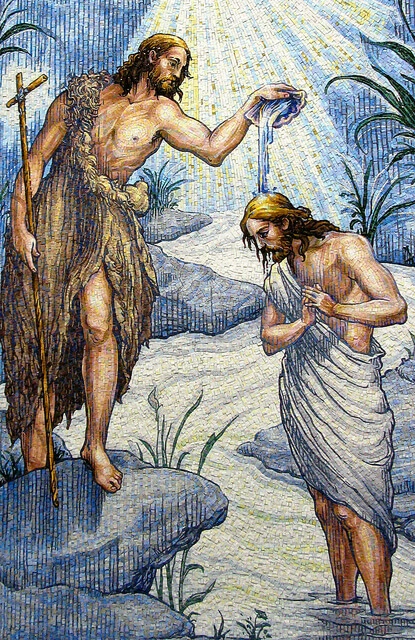9371. THE INTERNAL SENSE.
Verses 1-2. And He said unto Moses, Come up unto Jehovah, thou and Aaron, Nadab and Abihu, and seventy of the elders of Israel; and bow yourselves afar off; and Moses, he alone, shall come near unto Jehovah; and they shall not come near; and the people shall not come up with him. “And He said unto Moses,” signifies that which concerns the Word in general; “come up unto Jehovah,” signifies conjunction with the Lord; “thou and Aaron,” signifies the Word in the internal sense and the external sense; “Nadab and Abihu,” signifies doctrine from both senses; “and seventy of the elders of Israel,” signifies the chief truths of the church which are of the Word, or of doctrine, and which agree with good; “and bow yourselves afar off,” signifies humiliation and adoration from the heart, and then the influx of the Lord; “and Moses, he alone, shall come near unto Jehovah,” signifies the conjunction and presence of the Lord through the Word in general; “and they shall not come near,” signifies no separate conjunction and presence; “and the people shall not come up with him,” signifies no conjunction whatever with the external apart from the internal.







